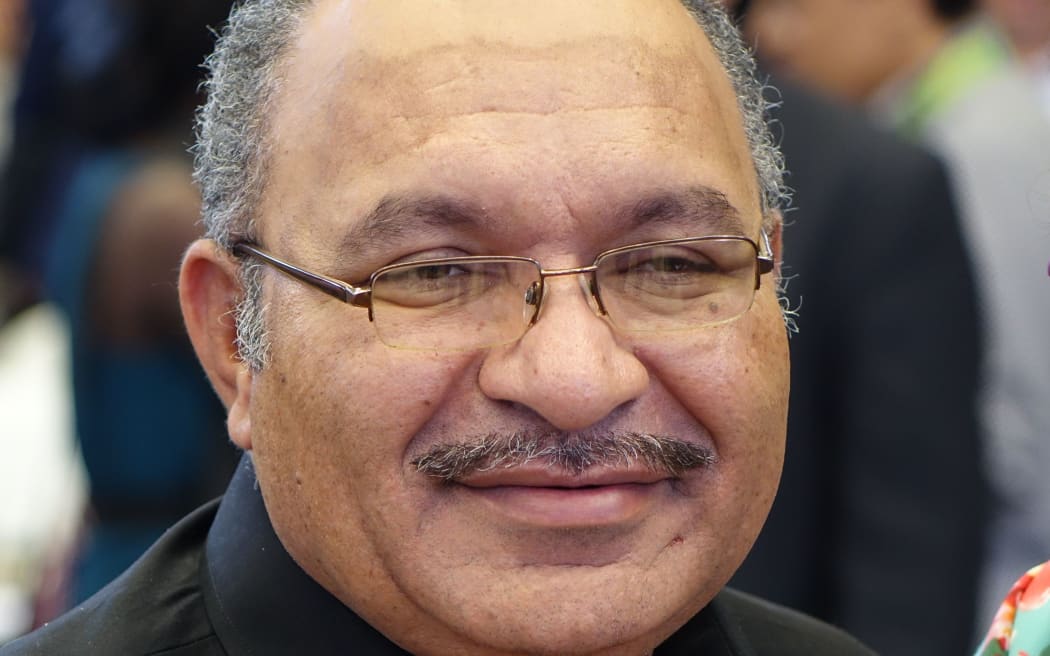Constant power blackouts in Papua New Guinea's main cities have been blamed by the prime minister on "human misconduct".
In a statement on the blackouts, Peter O'Neill said there was more than enough power generated in the cities of Port Moresby and Lae to meet the current demands.
The blame is being directed towards staff at PNG Power, amid a nationwide strike by workers over outstanding entitlements.
Mr O'Neill said that ongoing bickering between unions and management at PNG Power had resulted in some union members deliberately cutting the power supply.
According to the prime minister, such actions had now been declared a criminal offence.
Mr O'Neill conceded that lack of maintenance over the long term had further compounded the problem of constant blackouts in recent days, but warned that PNG Power should be able to handle the demand.
"In Port Moresby we have an additional 25MW coming from the PNG-LNG (Liquefied Natural Gas) power plant, and we will be connecting a further 50MW in the near future," he said.
"This will give us enough power supply to meet demand for the next ten to fifteen years."

PNG prime minister Peter O'Neill Photo: RNZI / Koro Vaka'uta
However the prime minister asserted that the chairman of PNG Power would now invoke the Essential Services Act to enable people who deliberately disrupt the power supply to face criminal charges.
The National Security Advisory Committee would also be convened, Mr O'Neill stated, because the government was treating this as a security issue and would take further measures.
The prime minister said there were further concerns with claims of criminal vandalism of power lines, just as there had been similar acts against communications lines, and this will be fully investigated by police.
The maintenance shortfalls were troubling, he said, because the power network continued to deteriorate, but Mr O'Neill promised the people of Port Moresby and Lae that the government would take a much stronger interest in the management of PNG Power.

